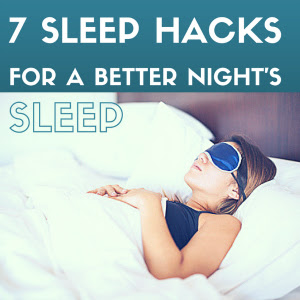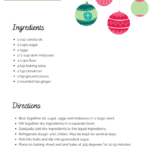Most adults don’t get enough and people with Diabetes may have problems that affect their sleep. Try these 7 Hacks for a Better Night’s Rest.
People with diabetes often have two problems that affects their sleep–peripheral neuropathy and sleep apnea.
Neuropathy is nerve damage that can be caused by blood sugars that are elevated over time. Symptoms are tingling, pain, burning, or numbness in feet and hands, which can be worse at night. This can make it hard to sleep. Definitely work to bring your glucose into target to prevent further damage, but also ask your health care provider for help. There are several medicines that can help.
Sleep apnea is a condition that causes people to stop breathing while sleeping. Snoring is followed by a brief silence when the person stops breathing, and then the person wakes up to breathe again. Breathing can stop up to 30 times in an hour. This interrupted sleep prevents restful sleep.
As many as 48% of people with type 2 diabetes have sleep apnea.
If you are concerned that you are never rested and refreshed after sleeping, talk to your health care provider about being tested for sleep apnea. It can be treated.
Here are 7 Hacks for a Better Night’s Rest

-
- Create a sleep schedule. Research shows fine tuning your circadian rhythm is important for healthy sleep patterns. Science has shown that going to sleep and waking at the same time may be more important than the actual hours of sleep—especially if you’re trying to take charge of your sleep schedule.
- Reduce exposure to blue light. Blue light is everywhere. Sunlight is the main source, but there are also man made sources of blue light, including computer screens, smartphones, and flat-screen televisions.
- Limit how much you eat and drink before bed. Late night eating may disrupt your sleep, stimulate your body’s digestion process, and cause you to wake up needing to use the bathroom.
- Cut off caffeine after noon. If you struggle with falling asleep at night, avoid caffeine or other stimulants after 12:00 pm.
- Take a warm bath. Try soaking in magnesium epsom salts. Magnesium helps promote relaxation, relax the central nervous system, and encourage a better night’s rest.
- Create a cave. Use curtains and coverings to block light from seeping in and cover or remove blinking lights from devices. Consider removing your TV or electronics from your bedroom. This fine tunes your circadian rhythms and promotes a healthy and natural production of melatonin.
- Manage stress and include daily physical activity. Being active has been shown to relieve some symptoms of insomnia, revs your metabolism, and it also manages cortisol levels (the stress hormone).






Leave a Reply